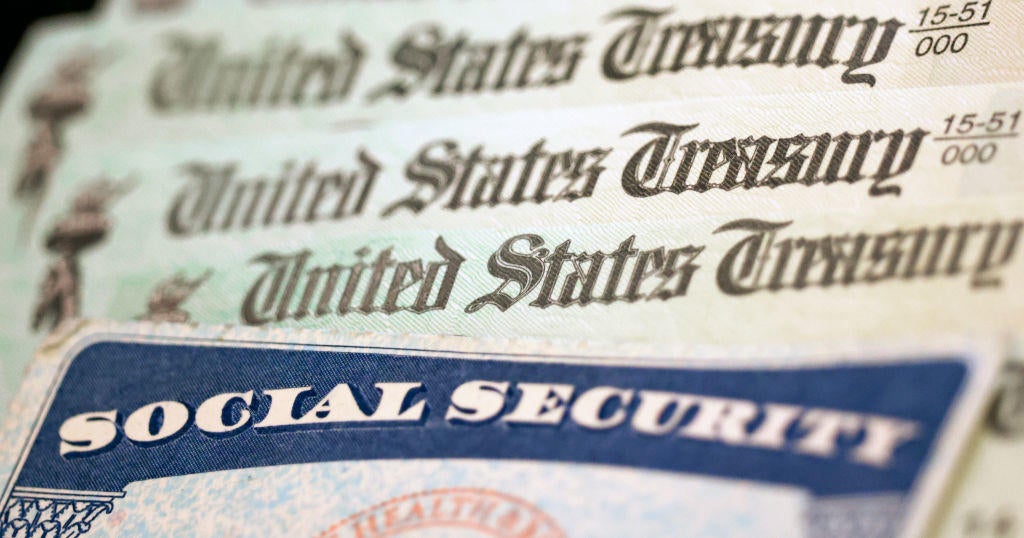Social Security Administration demanding people pay back billions
The Social Security Administration said it's reforming how it recovers overpayments of benefits following an outcry over policies that drove some Americans into financial distress, and even homelessness.
By law, the agency must claw back overpaid benefits, but SSA's policies had sparked outrage and concern after some Social Security recipients reported surprise bills that demanded payment within 30 days. Sometimes the bills mounted into the tens of thousands of dollars.
If they couldn't immediately pay the bill, the agency could dock their entire monthly Social Security payment, leaving some people financially destitute, as reported by "60 Minutes," KFF Health News and other media outlets.
In a statement issued Wednesday, Social Security Commissioner Martin O'Malley said the agency will cease "the heavy-handed practice of intercepting 100% of an overpaid beneficiary's monthly Social Security benefit" if they failed to respond to a demand for repayment. Instead, he added, the agency will limit the clawback to 10% of an overpaid beneficiary's monthly benefit.
Additionally, the Social Security Administration will extend repayment plans to 60 months, up from its prior limit of 36 months, giving recipients an additional two years to repay the money.
The agency's previous policies had led to "grave injustices to individuals, as we see from the stories of people losing their homes or being put in dire financial straits when they suddenly see their benefits cut off to recover a decades-old overpayment," O'Malley said in his statement.
O'Malley, who became the SSA commissioner in December, had recently vowed to fix the system of recouping overpayments, which he had called "cruel-hearted" in an interview with with KFF Health News.
In a hearing before the Senate Committee on Aging on Wednesday, O'Malley said the previous policies had undermined the essential purpose of the Social Security program, which he said was "to keep seniors from being put under a bridge through no fault of their own."
In addition to capping benefit clawbacks to 10% of a monthly check and giving people more time to repay the money, the agency said it's making two additional changes. Beneficiaries who were overpaid will no longer need to prove they aren't at fault for causing the overpayment, O'Malley said.
The agency will also make it easier for people to request a waiver of repayment, in case they believe they weren't at fault or are unable to pay, he added.
- In:
- Social Security
Aimee Picchi is the associate managing editor for CBS MoneyWatch, where she covers business and personal finance. She previously worked at Bloomberg News and has written for national news outlets including USA Today and Consumer Reports.
